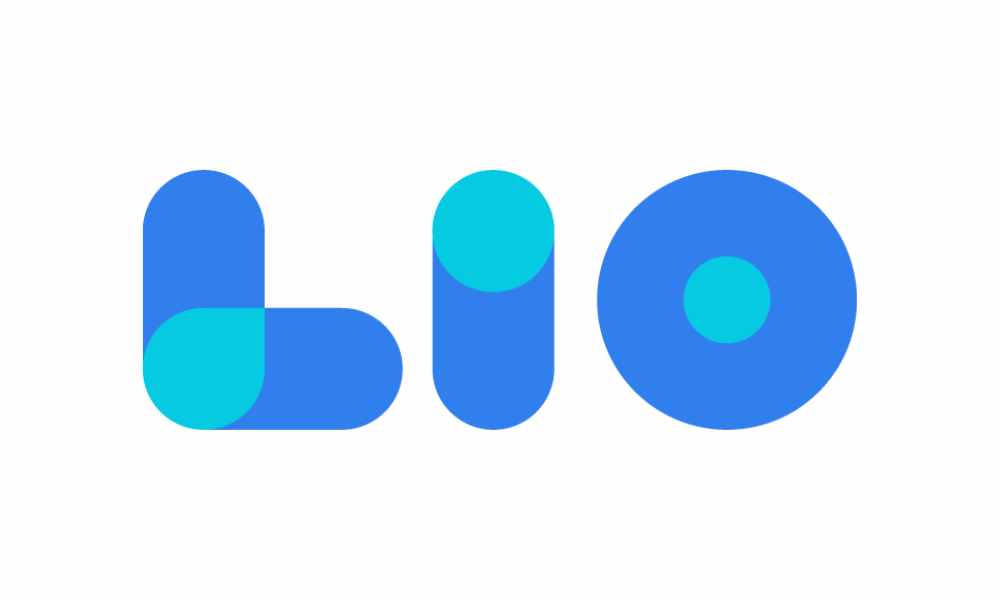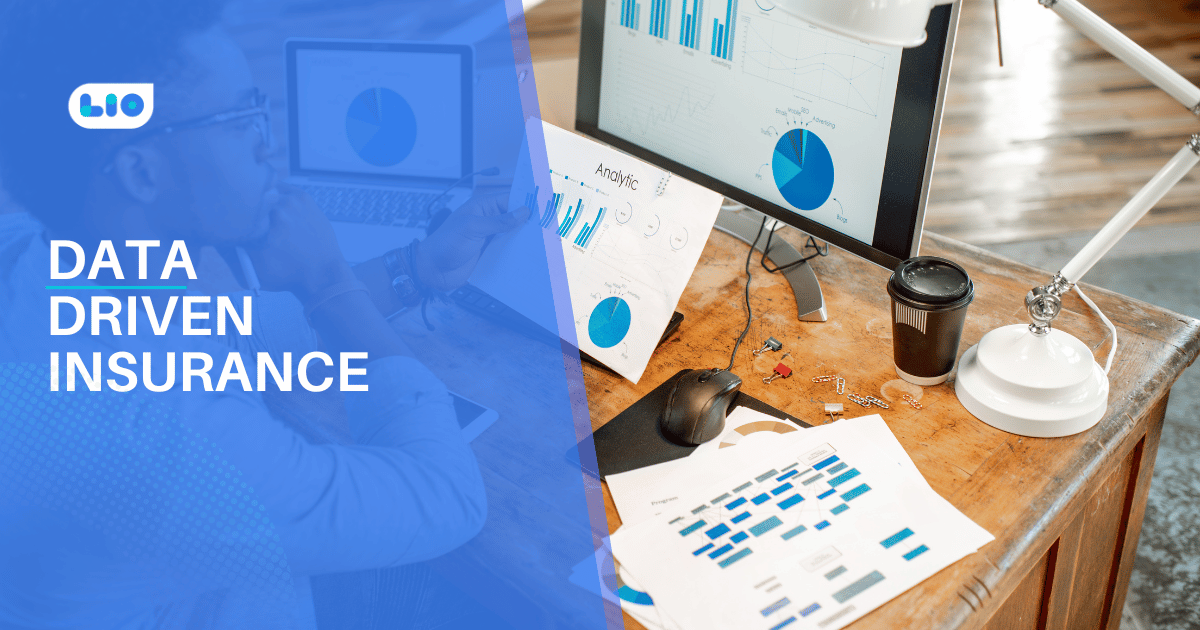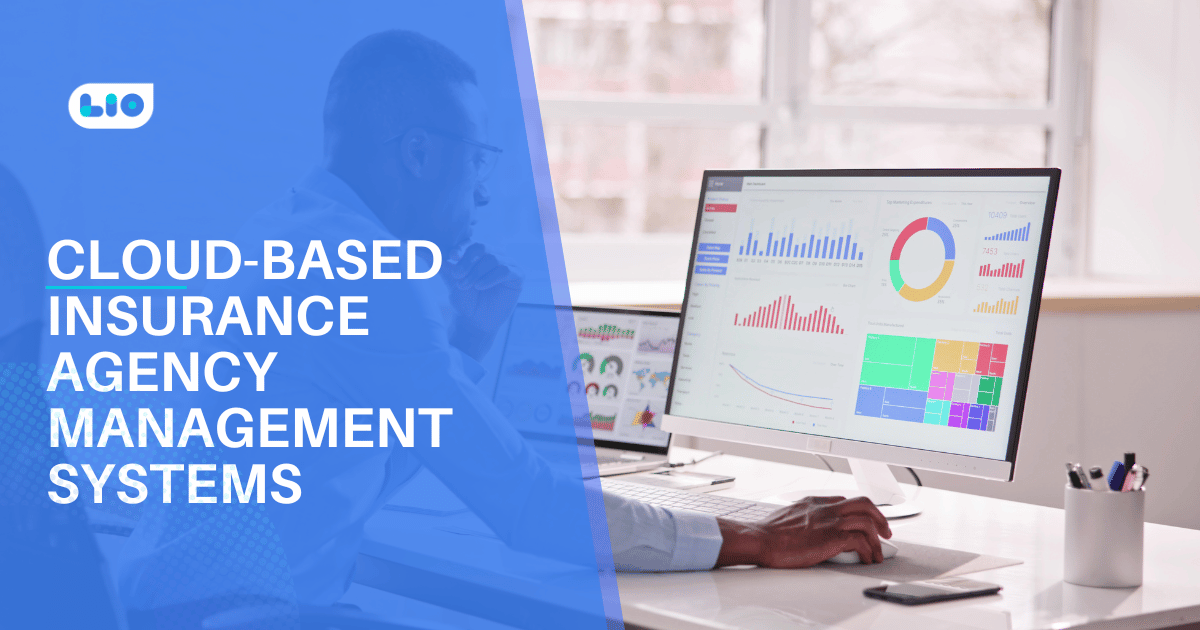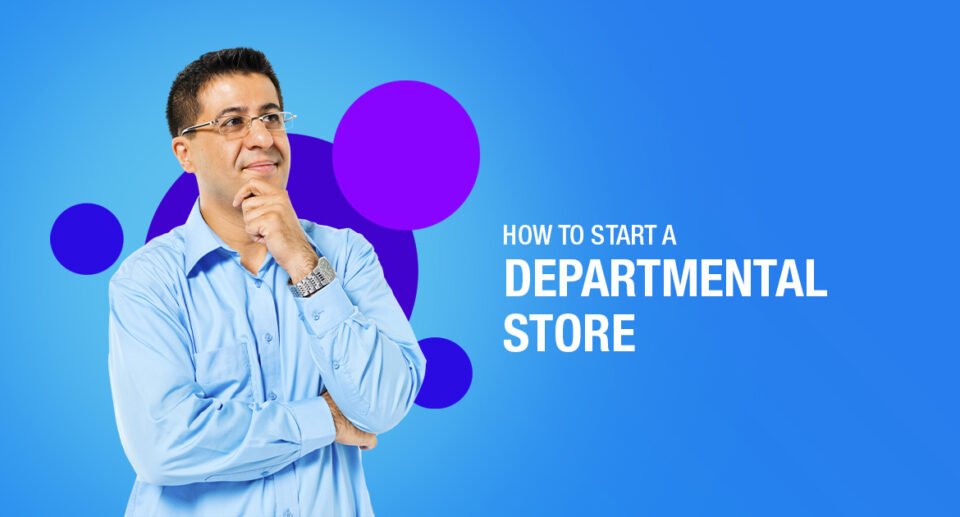What Is Employee Database And Its Key Features
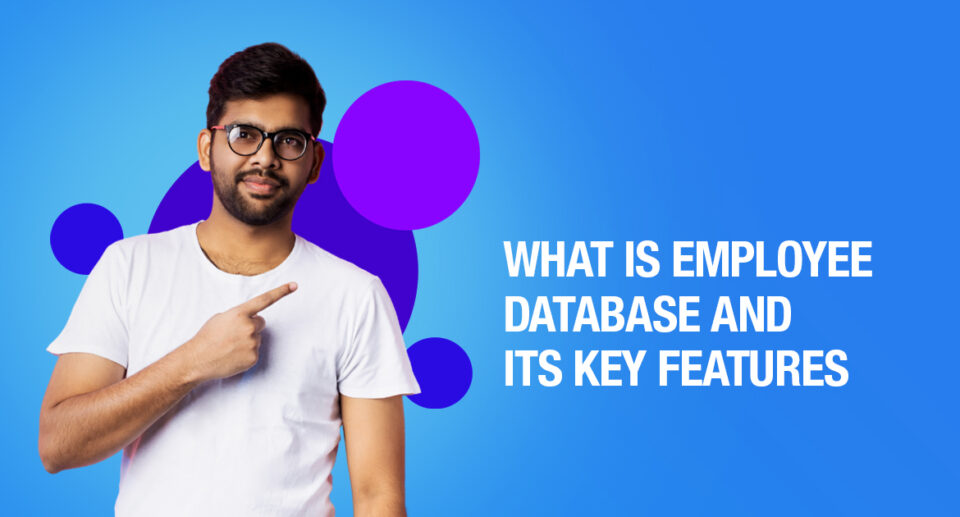
Do you know about the employee database and its features? read this article to know all about it.
What is Employee Database Software?
All offices and workplaces have Employee database software that helps them in storing, managing, and tracking all the data related to employees. It holds information like name, age, job title, length of service, salary, and other similar information for HR to refer to. Today most companies opt for good employee database software that lets the employee add their own information rather than an HR person adding it for everyone.
This database helps in streamlining the HR processes and enhances the relations between the employee and the management. The employees are easily managing and track their performance and request time-offs with this software which is a huge task if one has to do it manually. It also becomes easier for the management to track all this information.
And most of all these software are also beneficial in getting insights into your business and creating HR reports for the same.
Benefits of Employee Database Management Software
Employee database management is a struggle if one needs to do it on their own but good software makes this task easy and more effective. Some of the benefits of having good employee database management software are:
Centralized Employee Management
There is an app for everything – an app for time tracking, for time off, for performance but it becomes messy and a lot of hassle if you use different software to track different information. As you hire more employees, managing data would become very confusing and tiring.
With employee database software, you will have all employee information on one platform which would be easy to track and navigate. It will also make your work a lot for organized. You can access the information with just a click of a button.
Make Processes More Efficient
Without a centralized management database, you would face issues like missing documents, waste of time, outdated information, and more. HR would be spending hours trying to track down the time off as well as expense documents.
The software allows higher value tasks that systemize your employee record management software and keeps all documents in order for you to refer to in case of need. This would also mean that whenever you see a document you would be able to find out whether it is updated or not.
Empower Employees with Employee Portal Software
A good employee database software is not only for the management but also for the employee which would empower them. This would help them in accessing their information, make changes and adjustments in case of need, can time there in and out, request time off, answer performance reviews, upload expense reports, and other such things.
This would help HR and save them time and would reduce their workplace frustration. Employees would be responsible for their planned holidays and information uploaded and would be held accountable. The processes would become smoother as employees would not have to wait for HR to respond or get back to them in case employees need some kind of information.
Improved data security
All organizations have a large amount of crucial information that they have to store but with software, they can keep it private and make sure no one sees it. Employees can get data from the software on request.
The software would mean that it would be difficult for someone to access the information and misuse it. For this, you must have a robust system that does not compromise on the information.
Employee Database Software: Key Features
While looking for employee database software, look for these key features to make your work easier and more organized.
Employee Database Administration
- Employee records.
- Notifications (e.g., job contract expiration).
- Advanced employee search and search results filtering.
- Custom reports (e.g., on turnover, performance).
- Ability to attach documents to the records (e.g., job offer letters, job applications, certificates).
Employee Self-Service
- Viewing employee goals, leave balance, salary reviews, and more.
- Submitting requests (e.g., a vacation request).
- Updating personal data like address and bank details.
- Recording absences (e.g., sickness, annual leave, study, or parental leave).
Organizational Chart
- Employee hierarchy.
- Tracking training needs.
- Automated updating based on employee status changes (due to promotion, transfer, etc.).
- Tracking qualifications and skills required for a position.
- Displaying vacant positions.
Security and Compliance
- Employee data encryption.
- Retention and deletion policies.
- Multi-factor authentication.
- Compliance with internal and external (e.g., SOX, PCI DSS, GDPR) information security regulations.
- Permission levels for accessing and editing sensitive employee data.
The Best Employee Management
Some of the top employee database management software in the world are:
Monday.com
Monday.com consists of collaborative workflows and schedules, tracking time, assigning projects and tasks to your team, reporting on KPIs, sending automated reminders, etc.
Managers can also track valuable metrics needed for employee management like progress tracking, capacity limitations, time management, missed deadlines, and budget totals.
Lio
Lio is a great application that can be used to manage and organize your day and your work whether personally or professionally. Lio offers several templates for users to choose from depending on their needs and requirement.
Users can manage and store all their data about the employees in one place which would be safe and secure forever. From managing their attendance to keep a track of the leaves, projects taken, and other important details, you can store all this and more.

Workday
Workday is perfect for medium to large-sized businesses that consist of tools to recruit and develop teams with features such as head-count visualization, financial trend analysis, notice periods, and more.
It is user-friendly with a smart and clean interface that offers tools to recruit and develop team talent with features like support for regulations, financial trend analysis, etc.
Kissflow
This is a project management tool that consists of many amazing features specific to HR like task activity stream, tracking capabilities, applicant tracking, performance management, attendance management, leave requests, etc.
15five
Designed to build an engaging work culture through weekly check-ins, self-review tools, dedicated 1-on-1s, and more, 15five is one great software for employee management. You also get “high fives” for good work. The UX of the software is easy to use, and colorful with several functions.
Frequently Asked Questions (FAQs)
Why create an employee database?
An employee database can be created for several reasons:
– Create a talent profile
– Provide a productive view
– Enhance employee experience
– Projects against lawsuits
– A past and future competency reference
What employee records should be maintained?
The following things should be maintained in an employee database:
– Records of all employees for a period of one year after termination
– Any benefit plan, seniority plan or merit system
– All payroll records for three years
– Family and Medical Leave Act-related (FMLA) leave records and compensation-related
– Payroll withholding records for at least three years after the due date of the return-filing date
– All benefits-related records
– Training records
– Unemployment i.e. termination
Why is an employee database important?
It is important to record because it makes the task easier for managers to monitor the productivity and performance levels of employees.
How can one get all these details of employees?
You can ask the employees to give you the details you require with supporting documents.
Conclusion
Getting employee information is the basic job that all organizations must practice. It makes a lot of tasks much easier and not chaotic. They help you in many ways without wasting hours getting this information. This data can truly work wonders for both the organization as well as the people.

